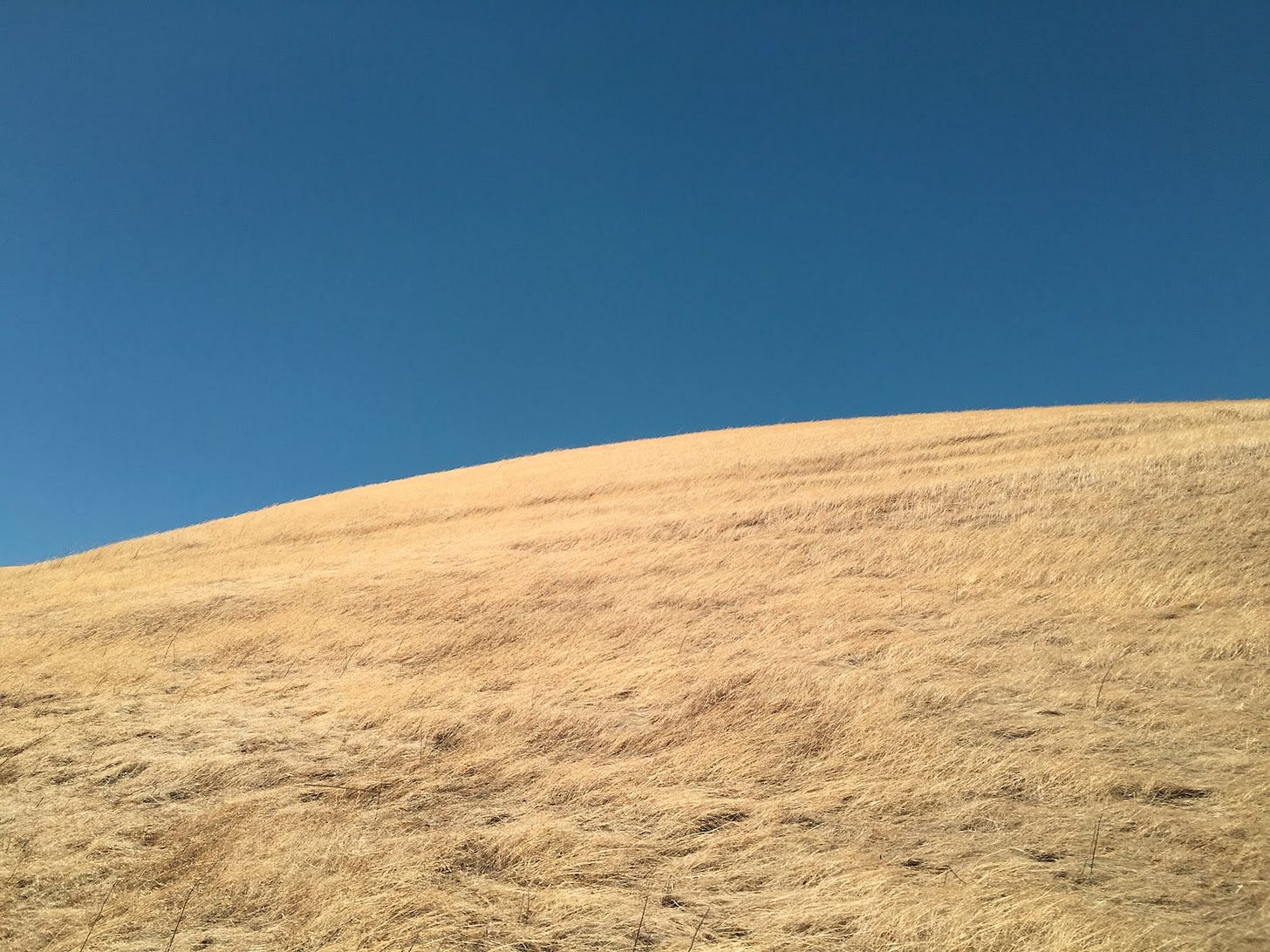Optimistic Plan to Clear the Air
Plus: Do You Have Weak Toes? Here's Why it Matters
Don’t miss my interview with Stanford professor Rob Jackson about how addressing pollution can save millions of lives around the planet every year and simultaneously address climate change. You’ll find a summary of the article and a link below.
But first:
Weak Toes Surprisingly Predict Serious Falls Later in Life
Toe strength is important for running and hiking and no doubt many other sports and activities. But now we learn that as we age, toe strength helps prevent routine falls, which are the leading cause of injury among older people. One study found seniors who had not experienced a fall had 20% more toe strength than the seniors who had fallen. The writer explains why you should start strengthening your toes now—at any age—and explains how to do it.
Don't wait until you are older. Begin now. The greater your toes' muscle mass as you enter midlife and beyond, when muscle mass rapidly declines, the better off you'll be in maintaining strength and balance.
—Annie Foley
The Songs That Soothed My Loneliness
Music can lift us up, bring us together, make us sad, and get us moving like nothing else. For this writer, it’s a powerful antidote to alienation. Having long dealt with bouts of extreme loneliness, he explains the science behind music’s “ability to make the unseen seen, the unheard heard, and the unfelt felt.” And he’s got a playlist for you to help during those lonely times.
During my loneliest moments, when loneliness could morph into literal pain, music seemed to be the only thing that provided comfort and relief.
—Stephan Joppich
Next up, our series of articles about anxiety causes and remedies continues this week with two insightful and actionable perspectives…
Living With My Boyfriend's Health Anxiety
People with health anxiety carry outsized fears about minor afflictions and worry obsessively about diseases they don’t even have. This writer, whose boyfriend has health anxiety, explain the rising prevalence of the disorder, how it affects those dealing directly with it and, in this case, how it affects their partner. “Health anxiety is our unseen, persistent third wheel. Its voice rings loudly in conversation,” she writes. “Even when it's quiet, I feel it lurking just around the corner.” Then she reviews the remedies available.
—Giana Porpiglia, LMHC
How to Stop the Vicious Cycle of Perfectionism and Anxiety
Perfectionists set unrealistically high standards for themselves, setting up failure, which leads to anxiety and shame. This psychologist delves into the risk factors that lead to perfectionism, when striving for precision can in fact be useful, and how to make sure perfectionism doesn’t rule your life.
Perfectionism contributes to anxiety and a relentless pursuit of often unattainable goals. While most people would be thrilled to achieve something close to perfection, the perfectionist's satisfaction quickly wanes. Concerns about whether that success can be repeated and whether the achievement was actually good enough fuel an endless cycle of worry and regret.
—Gail Post, Ph.D.
Dreams of a Clear Blue Sky
July 22 was the hottest day on Earth since modern record-keeping began, NASA announced this week. Amid localized heat waves and unprecedented wildfires, it’s easy to overlook another of the immediate threats related to burning fossil fuels: Good old-fashioned air pollution, which kills more than 100,000 Americans annually and millions globally—including many children—and threatens your health and mine every day.
In his new book Into the Clear Blue Sky: The Path to Restoring Our Atmosphere, Stanford professor Rob Jackson is surprisingly optimistic about our chances to address both challenges. But first, he states the problem bluntly:
“Fossil fuels are making the Earth unlivable and — even ignoring climate change — they are deadly,” he writes.
I interviewed Jackson to get insight into his vision, which he admits is a tremendous challenge — one he goes so far as to call a dream. Among his pragmatic points: “Clean energy and green solutions do so much more than solve the climate crisis. They clean our air and water.”
Read the interview on our sister publication, Aha! Science:



Great article Robert.